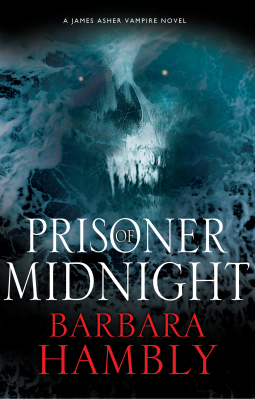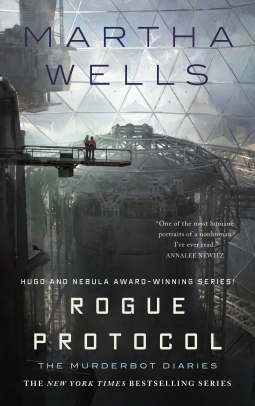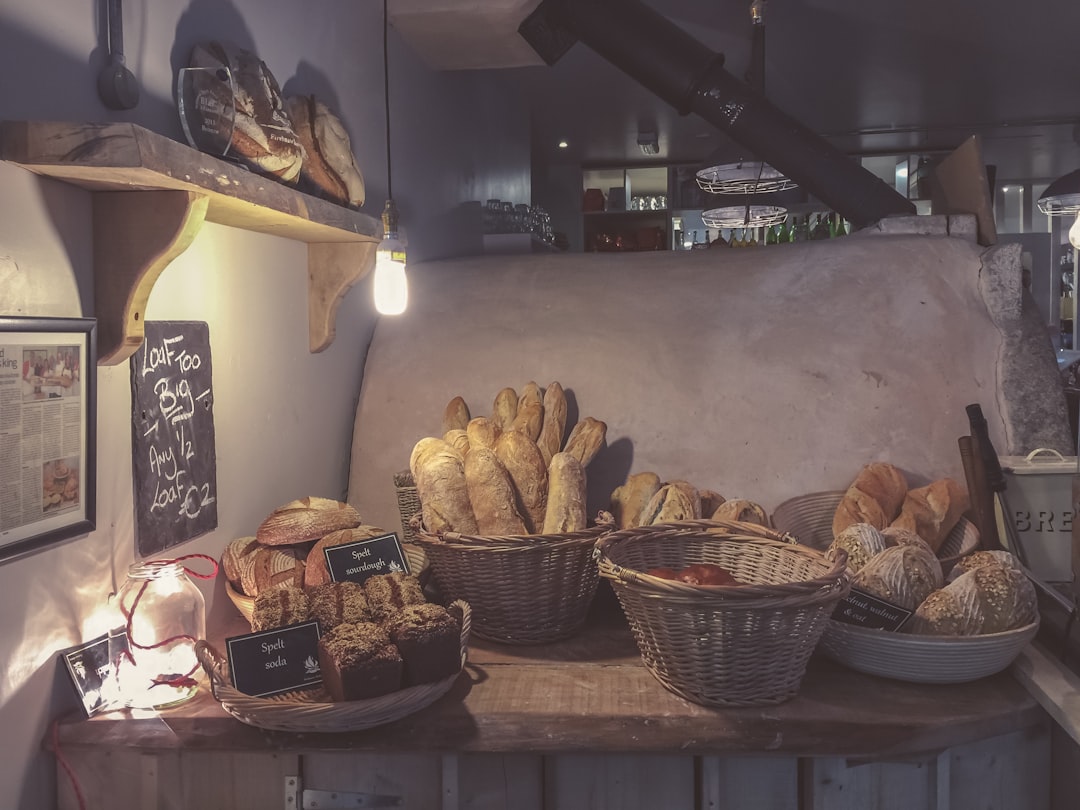I remember a time when there was no question about
vaccination. It was a modern miracle, a triumph of science over disease. I grew
up reading Paul de Kruif’s Microbe
Hunters, thrilling to the discoveries first of microbes, then of the
microbial causes of contagious diseases, and most importantly, the development
of vaccines that used the body’s natural immune systems to confer resistance.
Terrible diseases like smallpox and polio would soon become a thing of the
past, museum relics.
In the years of my childhood, everyone expected kids to get
round after round of communicable diseases, most of them viral. This happened
to me, too. Before I hit adolescence, I’d had measles, mumps, chickenpox, and
rubella (German measles – more about that below). I have vivid memories of
losing weeks of school but also of my mother nursing me through each round. I
never got diphtheria or pertussis (whooping cough), although the kids down the
street got it, or polio. I did know kids who got polio, and everyone knew
someone who knew someone who’d died of it. So when the Salk (injected/inactivated)
vaccine came along, I got it, and then later the Sabin (oral/live). I was in
high school when the Sabin vaccine was made widely available, and my service
club helped to administer it on sugar cubes.
I’m diligent about tetanus (TDap, with diphtheria) boosters, and received the
shingles and pneumonia vaccines on schedule. I also get a yearly flu vaccine,
although the one year I didn’t try hard enough in the face of limited supply
for my age group, I came down with it: a month-long bout of H1N1 was no fun at all. So in terms of understanding
how vaccination contributes to my personal health, I practice what I preach.
But there’s more to the story than just whether I as an
individual am protecting myself. Those who scoff at the value of herd immunity
receive its benefits while opening the door to exposing not just themselves but
those who cannot be vaccinated for medical reasons (babies too young, people of
any age who are immunocompromised, etc.) One of the consequences is that when
adults contract “childhood” diseases, they are often much sicker and at much
greater risk of complications. I saw this when my first husband came down with
measles at age 24. His fever spiked above 105o F, leaving him
delirious. I spent a night coaxing him into and out of a lukewarm bath, which
effectively brought down his temperature to a safer level, over and over again. He was much, much sicker than
I’d been at age 10 with the same illness. It took him weeks to fully recover,
and thankfully he did not suffer pneumonia or encephalitis, which are more
likely in adults over 20 (and children under 5), according to the CDC.













